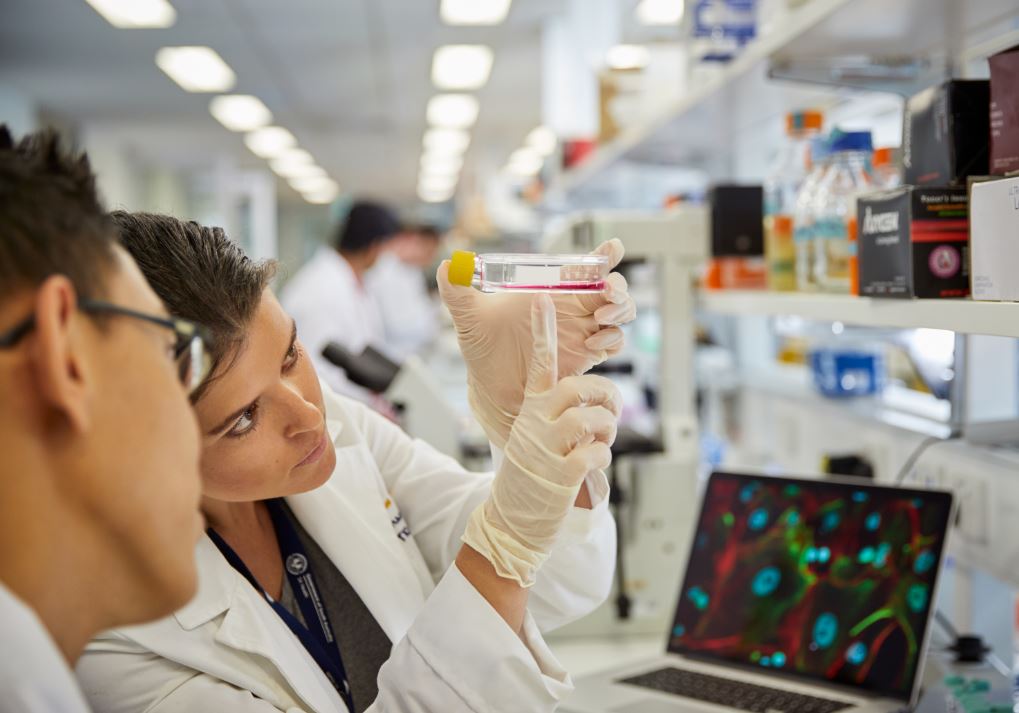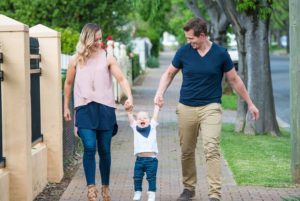
Personalised treatments for cancer patients are being perfected in an innovative new Australian research project, led by Flinders University and funded by Cancer Council SA.
The research, led by Dr Madelé van Dyk with a three-year Cancer Council Beat Cancer Fellowship as well as funding from Flinders University, aims to understand why patients react differently to different cancer medicines.
Dr van Dyk says the research aims to move away from a ‘one-size fits all’ approach to a more personalised approach that considers each person’s individual characteristics in cancer diagnosis and treatment.
“Every person is different in so many ways, so it makes sense that each person reacts differently when undergoing cancer treatment,” she says.
“Selecting the right drug and selecting the right amount of each drug is the ultimate goal in Precision Medicine. We’re selecting the right type of drug really well, but are only half-way there, because we’re still using a ‘one-size-fits-all’ dose. I believe we can do better.”
Working with oncologists and cancer patients, Dr van Dyk and her team have set up Australia’s first Therapeutic Drug Monitoring Program, ensuring that every eligible patient in South Australia can have their drug levels tested through their oncologist, at any hospital – either public or private – including those in remote areas.
The team is currently testing the levels for six cancer drugs used to treat multiple types of advanced cancers of the lung, stomach, liver, kidney and blood. By the end of the project, Dr van Dyk’s aim is to increase the list to as many drugs as possible and offer the service Australia-wide.

By monitoring drug levels throughout treatment, Dr van Dyk and her team can ensure that patients are receiving the right dose to make the biggest impact on their treatment.
Ryan Hodges was diagnosed with highly advanced stage 4 lung cancer in 2014 at just 32. He has been working with the team at Flinders since 2015 and credits research for giving him more time with his young family.
“I was fit and healthy and never smoked a day in my life, so being diagnosed with stage 4 lung cancer was a massive shock,” he says. “When I was first diagnosed with cancer, the prognosis was not a good one. When we started the targeted therapy, I found that my breathing improved within a couple of days. Five months later, I went back in and had another CT scan, which showed that the cancer had reduced by more than 90 per cent.
“It was the targeted therapy that was really the key element that gave me, and continues to give me, a significant amount of time, which is such a precious thing.”
Cancer Council’s Daffodil Day Appeal, which runs throughout August, gives Australians a chance to help fund a wide range of important projects.
“Cancer Council is the largest independent funder of cancer research in Australia. In 2019, Cancer Council and its research partners directed almost $62.9 million to research grants for vital research projects across Australia,” says Cancer Council SA Chief Executive Mr Lincoln Size.
“Thanks to investment in research, amazing advancements have been made in cancer prevention, screening and treatment – helping to increase survival rates from 49 per cent in the 1980s to 69 per cent today.
“Through supporting research projects like Dr van Dyk’s this Daffodil Day appeal, you will be funding ground-breaking research that will lead us closer to a cancer free future every day.”
The fundraising campaign culminates on Daffodil Day – Friday 27 August – but you can make a donation to the appeal any day at daffodilday.com.au

